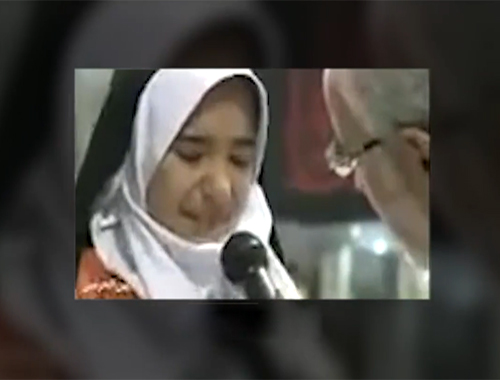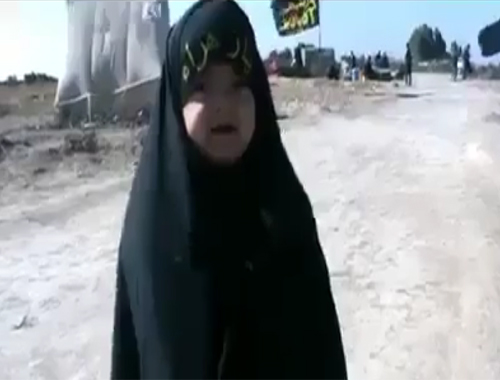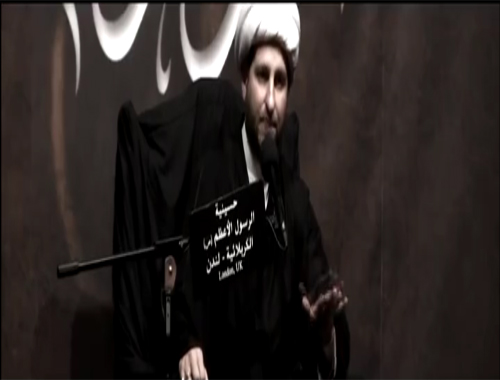6. The Treaty of Hudaybia & the Fall of Mecca
- Details
- Hits: 4835
6. The Treaty of Hudaybia & the Fall of Mecca
In the sixth year of the hijra, the Prophet decided to go for pilgrimage to Mecca. The Meccans stopped the Muslims at a place called Hudaybia and did not allow them to enter the city. This encounter ended in a peace agreement between the Prophet and the Quraysh of Mecca. This peace agreement created a relatively safe environment for the Prophet to embark on extending the call of Islam to the tribes and people far away from Arabia.
As a result of the activity of the Prophet and the selfless effort of the muhajirin and ansar during that period, Islam spread through the Arabian peninsula. There were also letters written to kings of other countries such as Persia, Byzantine and Abyssinia inviting them to accept Islam. During this time the Prophet lived in poverty and was proud of it. He never spent a moment of his life in vain. Rather, his time was divided into three parts: one spent for God, in worshipping and remembering Him; a part for himself and his household and domestic needs; and a part for the people. During this part of his time he was engaged in spreading and teaching Islam and its sciences, administrating to the needs of the Islamic society and removing whatever evils existed, providing for the needs of the Muslims, strengthening domestic and foreign bonds, and similar matters.
One of the conditions of the peace treaty was that the Quraysh would not harm the Muslims or any of their confederates. This condition was, however, violated by the Quraysh when they helped Bani Bakr tribe against the Khuza’a tribe—the former an ally of the Quraysh and the latter an ally of the Muslims. The Prophet asked the Quraysh to respect the treaty, break their alliance with Bani Bakr and compensate the victims of their aggression. The Quraysh refused to abide by the terms of their treaty. The Prophet, with a well-equipped and well-disciplined force of 10,000 soldiers, marched to Mecca in the eighth year after the hijrah and conquered it without much resistance.
The city which has rejected his message, plotted against his followers and conspired to assassinate him was at his mercy. Prophet Muhammad asked the Meccans: “What can you expect at my hands?” “Mercy! Generous and Noble Sire!” they replied. If he had wished, he could have made them all his slaves. But Muhammad —“mercy for the universe”— said: “I will speak to you as Joseph spoke to his brethren. I will not reproach you today; God will forgive you, for He is Merciful and Loving. Go, you are free!”
With the fall of Mecca, the last barrier in the way of Islam had been removed. So many people and tribes of the Arabian Peninsula started accepting the message of Islam that the ninth year of hijrah is known as the “Year of Delegations” because of the unusual number of delegates coming to pay their homage to the Prophet at Medina.

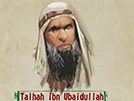
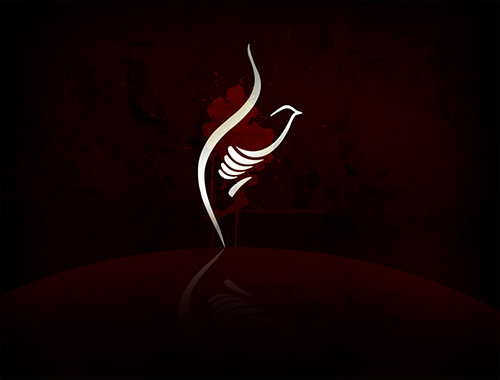
![take advantage of your [present] time](/en/media/com_hwdmediashare/files/99/f5/fb/5293162f4d04afb1ed8da3034e984340.jpg)


